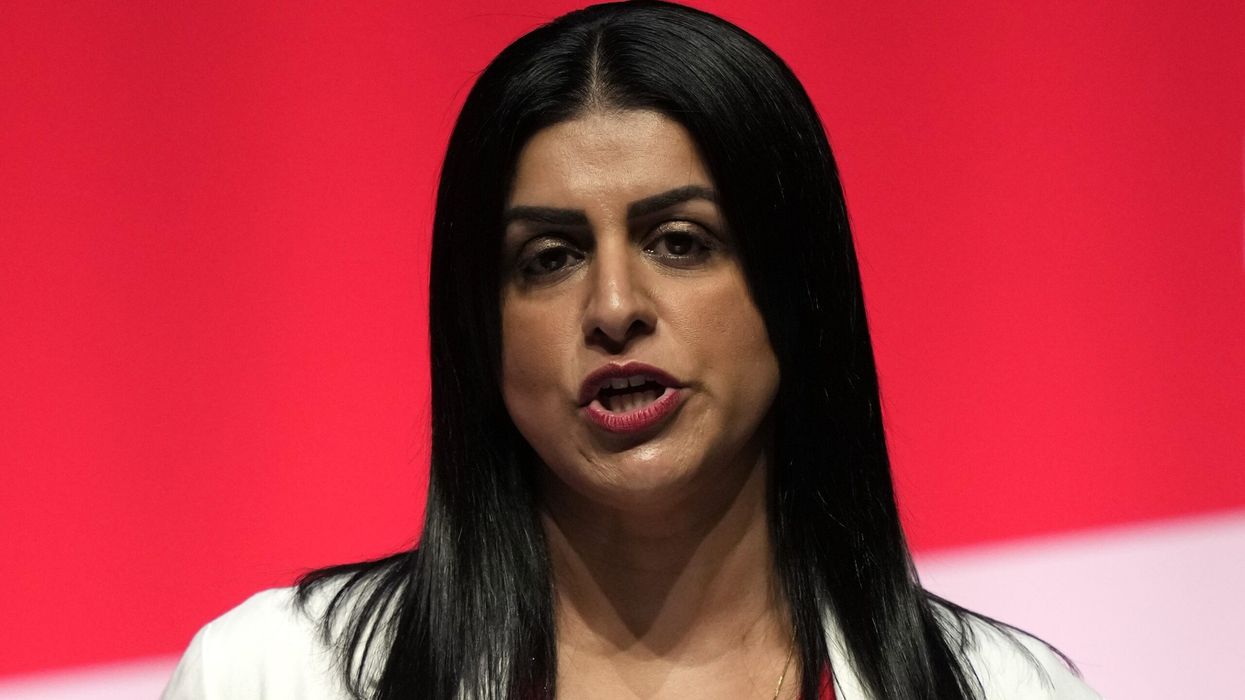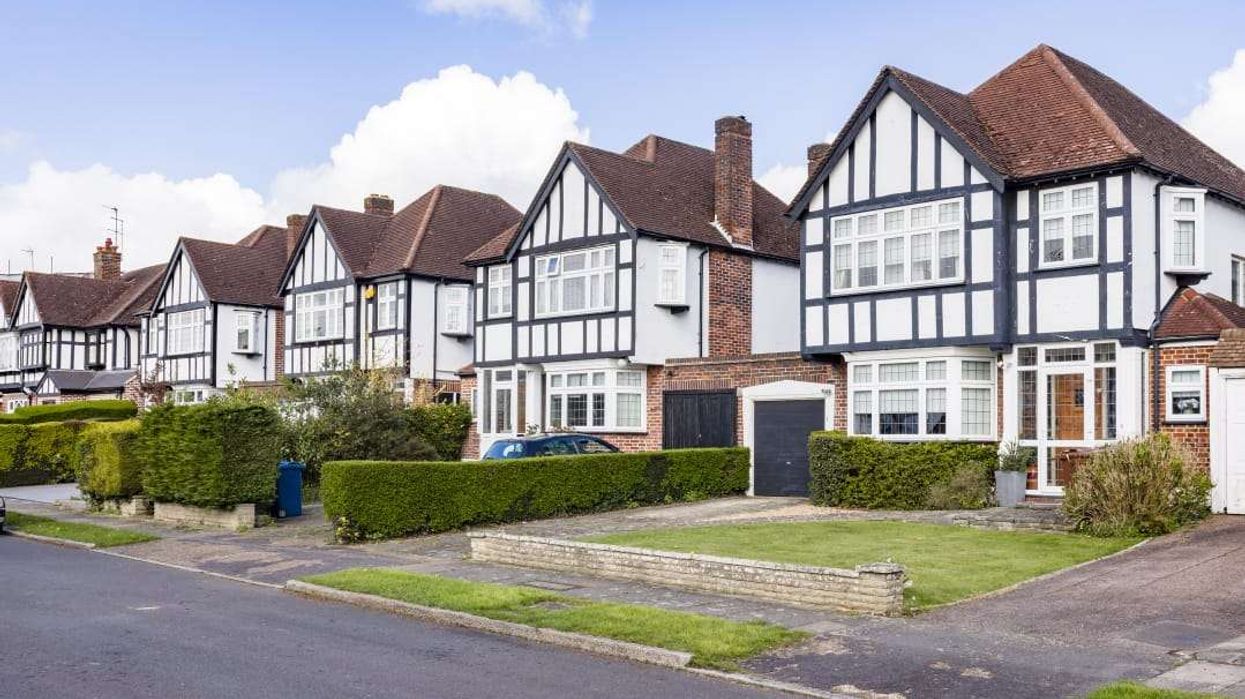Highlights:
- UK economy grew by 0.1 per cent in August, after contracting in July
- IMF predicts Britain will have the second-fastest G7 growth in 2025
- Economists warn growth remains weak ahead of Reeves’ November budget
- Bank of England faces balancing act between inflation and sluggish growth
UK’s ECONOMY returned to growth in August, expanding by 0.1 per cent from July, according to official data released on Thursday. The slight rise offers limited relief to chancellor Rachel Reeves as she prepares for her November budget.
The Office for National Statistics (ONS) said gross domestic product for July was revised to show a 0.1 per cent fall from June, compared with a previous estimate that showed no change.
Earlier this week, the International Monetary Fund (IMF) said Britain’s economy is set to record the second-fastest growth among the Group of Seven nations in 2025, after the United States. However, with annual growth projected at 1.3 per cent, it remains insufficient to avoid tax rises in Reeves’ budget.
Fergus Jimenez-England, associate economist at the National Institute of Economic and Social Research, said early signs for September suggested limited growth in the third quarter.
"Regaining momentum hinges on restoring business confidence and reducing uncertainty, which the government can support by setting aside a larger fiscal buffer in the upcoming budget," Jimenez-England said.
Sanjay Raja, chief UK economist at Deutsche Bank, said the figures indicated that the services and construction sectors were in a "pre-budget funk" and forecast that growth in the third quarter would be about half the Bank of England’s estimate of 0.4 per cent.
"The UK economy has yet to see the full ramifications of the US trade war," Raja said. "Budget uncertainty is hitting its peak too – likely dampening discretionary household and business spending."
A Reuters poll of economists had forecast that GDP would expand by 0.1 per cent in August.
In the three months to August, growth rose slightly to 0.3 per cent from 0.2 per cent in the three months to July, supported by public health service activity while consumer-facing services declined, the ONS said.
The Bank of England, which held interest rates at 4 per cent in September, continues to navigate between persistent inflation and weak growth.
Governor Andrew Bailey said on Tuesday that the labour market was showing signs of softening and inflation pressures were easing after data showed unemployment at its highest since 2021 and a slowdown in private sector wage growth.
Monetary Policy Committee member Alan Taylor also warned on Tuesday that the British economy risked a "bumpy landing", citing the impact of US president Donald Trump’s trade tariffs.
Data published earlier this week showed weak growth in retail sales, partly reflecting concerns about possible tax increases in Reeves’ November 26 budget.
(With inputs from agencies)














